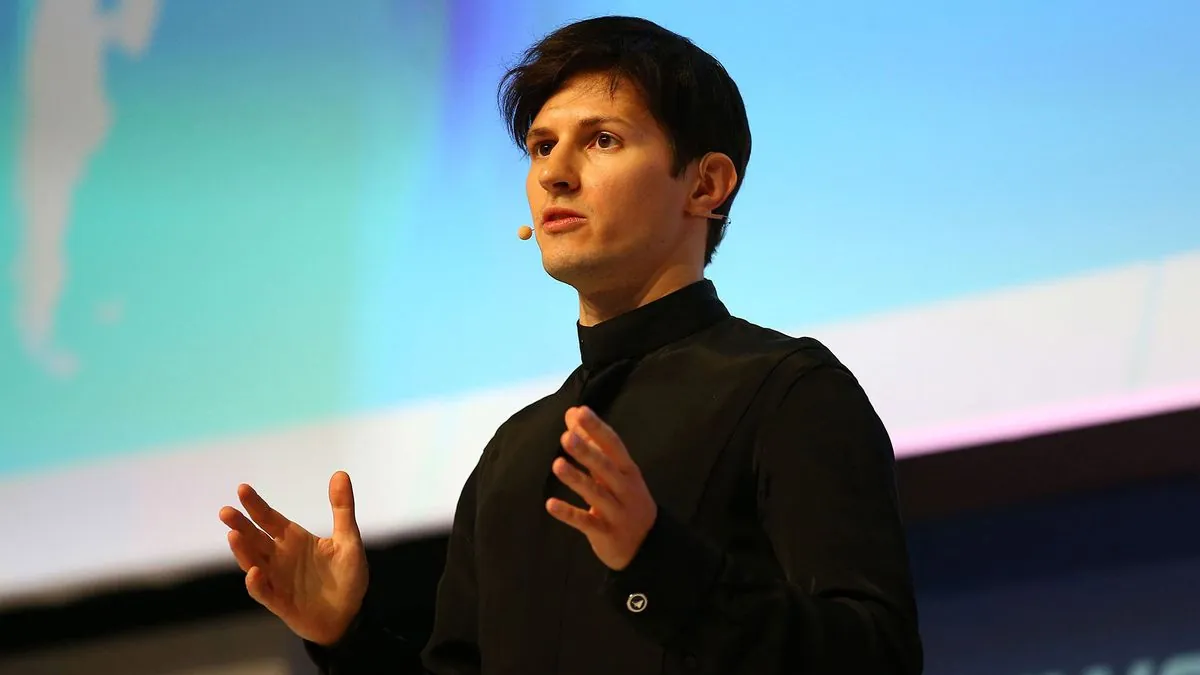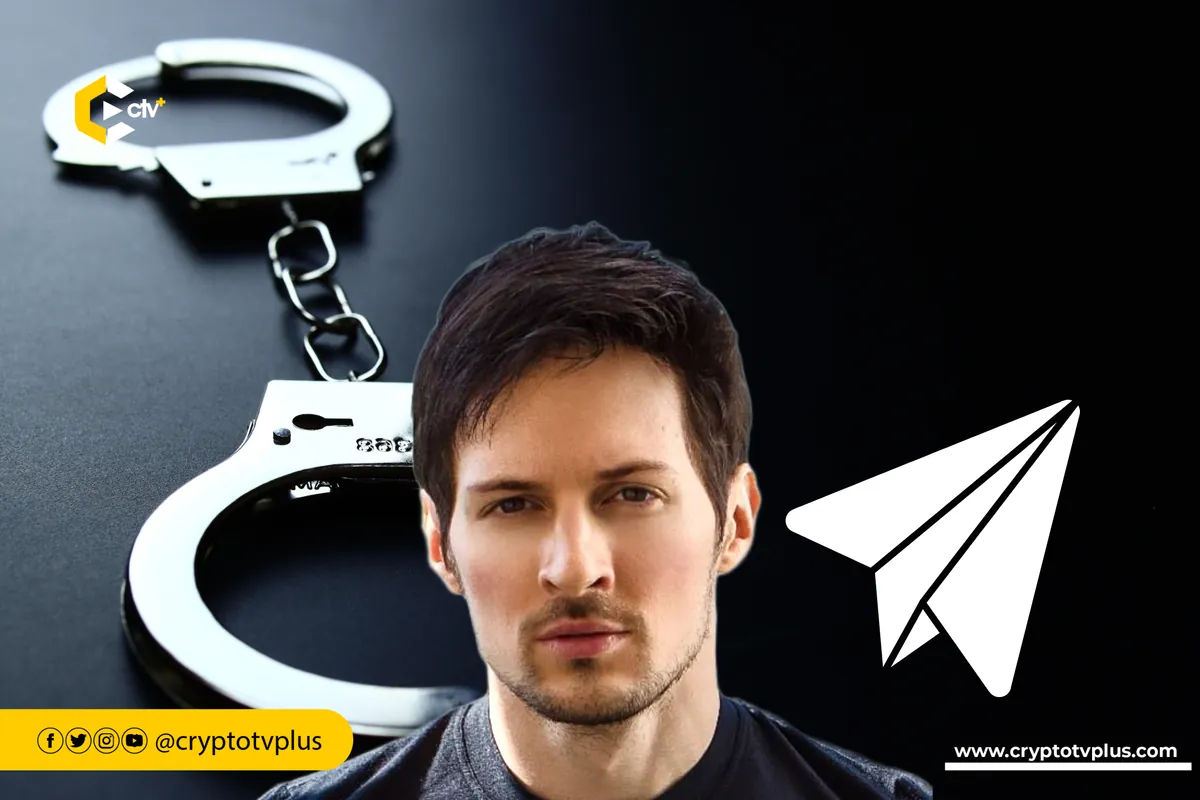Telegram Founder's Arrest Sparks Debate on Social Media Accountability
Pavel Durov's detention in France raises questions about content moderation and legal responsibilities of messaging platforms. The case highlights the challenges facing social media companies in balancing user privacy and law enforcement cooperation.

The recent arrest of Pavel Durov, the founder of messaging app Telegram, has ignited discussions about the responsibilities of social media platforms and their leaders. French authorities detained Durov on August 26, 2024, as part of an investigation into alleged crimes facilitated through the Telegram platform.
Durov, who established Telegram in 2013 after creating the Russian social network VKontakte, has long been known for his stance on privacy and encryption. The platform, which boasts 950 million monthly active users as of July 2024, has faced both praise and criticism for its approach to user data protection.
The investigation leading to Durov's arrest focuses on suspected complicity in enabling illegal activities, including child abuse, drug trafficking, and money laundering. French prosecutors also cited a lack of cooperation with law enforcement as a factor in the detention.

This case differs from typical regulatory actions against social media companies. Telegram's unique structure, with a smaller workforce compared to giants like Meta, sets it apart in terms of content moderation capabilities. Additionally, Durov's French citizenship allowed prosecutors to pursue him directly, a scenario less likely for CEOs of other major platforms.
"Telegram abides by EU laws, including the Digital Services Act — its moderation is within industry standards and constantly improving. Telegram's CEO Pavel Durov has nothing to hide and travels frequently in Europe. It is absurd to claim that a platform or its owner are responsible for abuse of that platform."
The arrest has highlighted the challenges facing messaging apps in balancing user privacy with legal obligations. Telegram's end-to-end encryption feature, introduced in 2013, has been both praised for protecting user data and criticized for potentially shielding illegal activities.
While Durov's case may not directly impact other social media CEOs, it could prompt increased scrutiny of content moderation practices across the industry. The incident also raises questions about the adequacy of current regulations, as Telegram falls below the user threshold for stricter EU oversight under the Digital Services Act.
Telegram's financial status adds another layer to the situation. In March 2024, Durov revealed that the company had been offered valuations exceeding $30 billion. This substantial valuation, coupled with previous funding rounds, underscores the platform's significant role in the global messaging landscape.
As the investigation unfolds, the tech industry and regulators will be closely watching the implications for social media governance and the balance between user privacy and law enforcement cooperation. The outcome may shape future approaches to platform accountability and content moderation in an increasingly complex digital landscape.


































